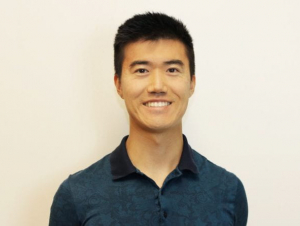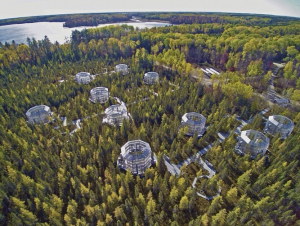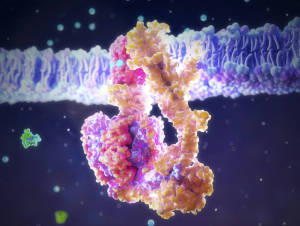To request a media interview, please reach out to experts using the faculty directories for each of our six schools, or contact Jess Hunt-Ralston, College of Sciences communications director. A list of faculty experts is also available to journalists upon request.
News Center
Experts In The News
As Hurricane Melissa barrels toward Jamaica as a Category 5 storm, some in the meteorological community are questioning if the traditional way of measuring hurricane strength still tells the full story.
Zachary Handlos, director of the Atmospheric and Oceanic Sciences Undergraduate Degree Program at Georgia Tech, believes it might be time to rethink how we classify hurricanes. While the Saffir-Simpson Hurricane Wind Scale, which rates storms from Category 1 through 5 based solely on maximum wind speed, has been used for decades, Handlos says it doesn’t always capture a storm’s true impact.
“You don’t have to be a tropical cyclone expert to know that the scale has some limitations,” Handlos said. “It doesn’t necessarily portray how strong or impactful a hurricane can be beyond its wind speed.”
11Alive News October 27, 2025The Blue Mountains in eastern Jamaica could be a region where landslides occur with heavy rain due to steep hill slopes, said Karl Lang, an assistant professor of geology at the Georgia Institute of Technology.
Lang said regions that have been clearcut for agriculture could be susceptible to landslides because the plants that previously grew there helped bind the soil together by the strength of their roots.
Some roads built on steep hills in Puerto Rico were affected by landslides when Hurricane Fiona (2022) and Hurricane Maria (2017) hit, said Lang. “Every time you cut into a steep slope, you make a steeper slope above the road,” he said.
“The real problem there is that you create the road that’s your conduit in and out of the location … and then the landslide dams the road. You create your own problem both by creating the increased probability of a landslide, but also by having those landslides occur where you need to go,” said Lang.
AP News October 27, 2025







